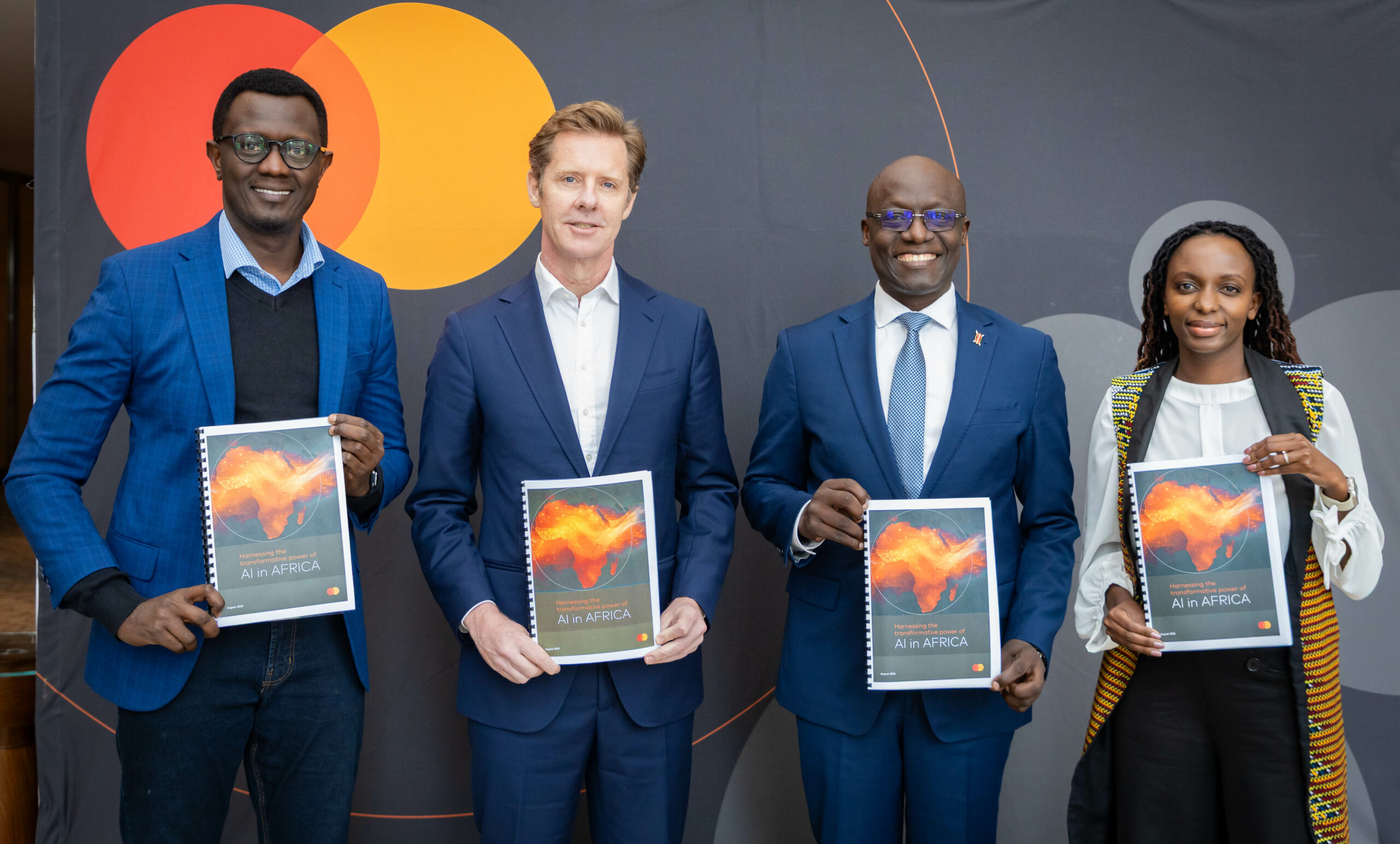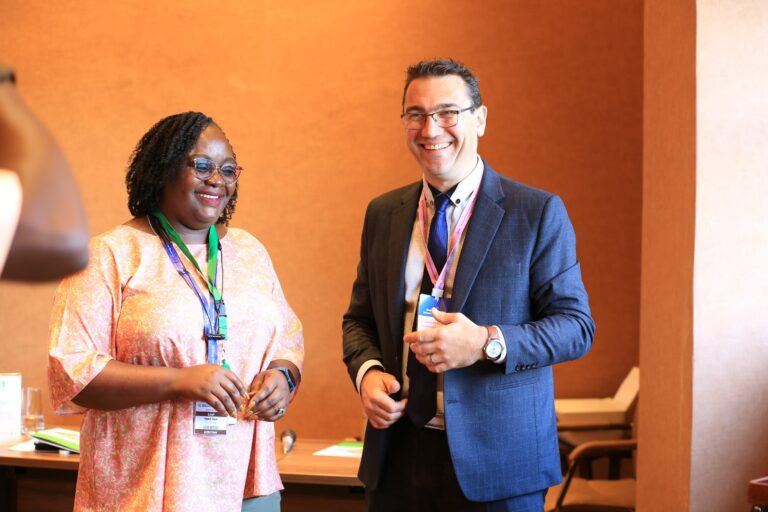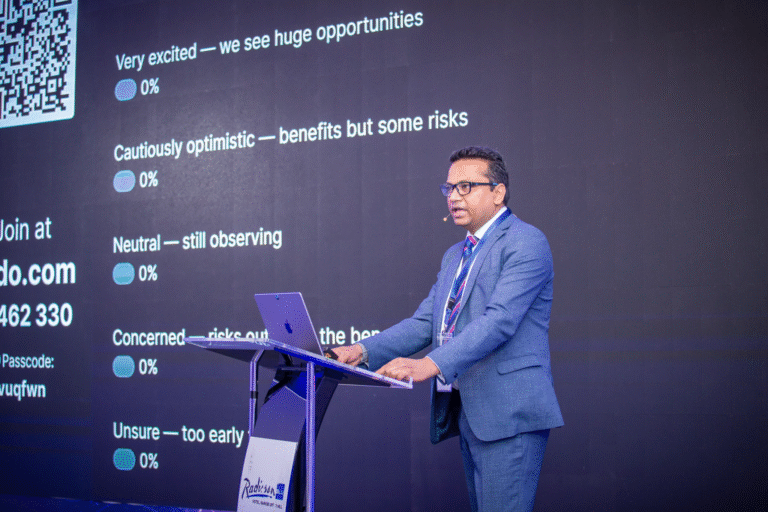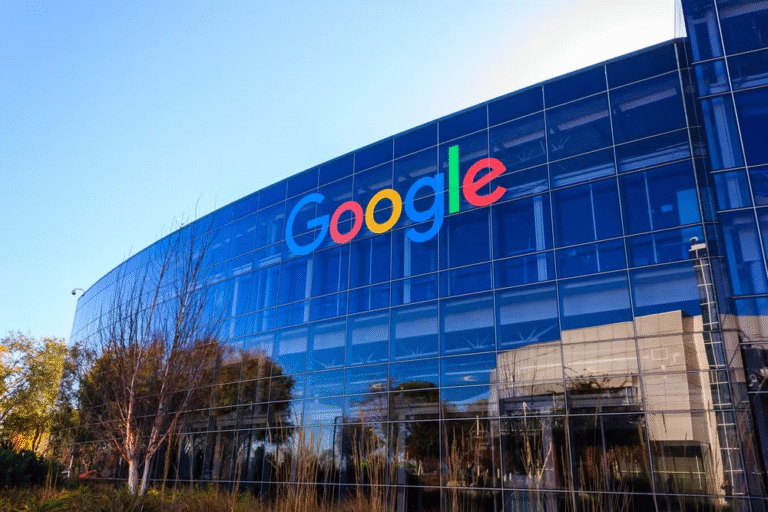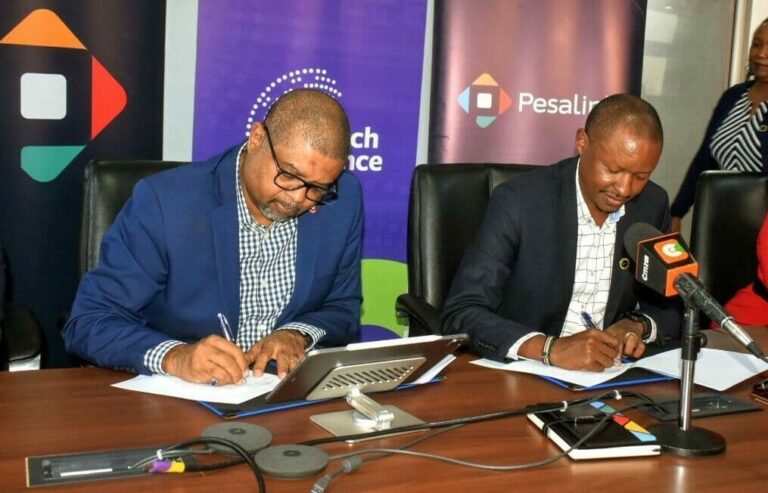Mastercard’s AI Whitepaper Unpacks The Future Of Innovation In Africa
Caption: (L-R) Tonee Ndungu, CEO of Tribbe Nation; Mark Elliott, Division President, Africa at Mastercard; Ambassador Philip Thigo, Special Envoy on Technology in Kenya; and Dr. Jean Kyula, Country Manager for Helium Health, at the official launch of the Mastercard whitepaper which provides insights on harnessing the power of AI in driving digital transformation.
Artificial Intelligence is often described as a transformative force but for Africa, it carries a different kind of weight. It’s not just about automation or cost efficiency. It’s about access. It’s about potential. It’s about solving the kinds of foundational challenges that have held back millions from the benefits of the digital economy. And most importantly, it’s about inclusion.
In its newly released whitepaper, “Harnessing the transformative power of AI in Africa”, Mastercard paints a vivid picture of a continent on the brink of an AI-powered shift. The whitepaper denotes how AI has the potential to accelerate economic transformation in Africa by addressing structural challenges such as limited access to essential services, financial exclusion, and lack of infrastructure. The message is clear, Africa’s AI moment is here, and how it unfolds will depend on the decisions made today.
It outlines the opportunities, risks, and call-to-action needed to ensure Africa’s AI journey is responsible, inclusive, and truly African-led. What emerges is not just a market forecast, but a vision. One that reflects both the urgency and optimism surrounding the continent’s digital future, as we will unfold from the whitepaper.
A Market on the Move
According to the whitepaper, Africa’s AI market is projected to be worth USD 4.51 billion by 2025. By 2030, this figure is expected to rise to USD 16.53 billion, growing at an annual rate of 27.42 percent. These figures are not merely reflective of investor confidence, they signal a turning point. Africa is no longer a passive participant in the global digital economy. It is becoming a testing ground for innovation, and AI is poised to play a central role.
This growth is buoyed by a combination of factors. The continent has the world’s youngest population, with a median age under 20, and increasing access to mobile phones and internet connectivity. More importantly, the needs are pressing. AI in Africa is not a luxury anymore, it’s becoming a necessity. Where human doctors are few, algorithms may fill the gap. Where traditional banks are slow to lend, data-driven fintechs step in. Where public services are overburdened, machine learning can offer scale.
From Potential to Practice
While the momentum is there, Mastercard’s whitepaper takes care not to frame AI as a silver bullet. Instead, it offers a sector-by-sector analysis of where artificial intelligence is already being implemented and where it holds the most promise. Three sectors stand out: healthcare, agriculture, and financial services.
Healthcare in Africa faces chronic underinvestment and workforce shortages. In many rural clinics, one doctor may serve thousands. Here, AI offers immediate support. Diagnostic tools can analyze medical images in seconds, triage systems can prioritize patients more efficiently, and chatbots can provide basic health education in local languages. The whitepaper references successful deployments of AI in Rwanda and Nigeria, where health systems are using it to support maternal health and early disease detection.
In agriculture, which employs nearly 60 percent of Africa’s workforce, AI is being used to provide localized weather forecasts, pest and disease monitoring, and market price tracking. These tools empower smallholder farmers to make more informed decisions, reduce losses, and improve yield. The whitepaper further highlights how AI voice assistants in Ghana are giving farmers real-time advice in their local dialects, bridging both technological and linguistic gaps.
Financial services have been one of Africa’s most visible success stories in digital innovation, largely thanks to mobile money. But access to credit remains a barrier which AI is helping to address. By analyzing alternative data – like mobile phone usage, transaction history, and even social media – fintechs are creating new models for credit scoring. Mastercard notes that in Kenya and Nigeria, AI is enabling micro-lending platforms to onboard customers who were previously locked out of formal banking.
Grounded Innovation
What makes the African AI landscape particularly interesting is how grounded it is in real-world problems. Mastercard emphasizes that African innovation is not driven by novelty, but by necessity. AI solutions in Africa are focused on high-impact, high-need use cases that address systemic barriers. “Africa is in a prime position to harness AI for transformative development, including addressing financial inclusion, narrowing wealth gaps, and enhancing output,” the report states.
This pragmatism has resulted in creative and locally relevant applications. In Uganda, AI-driven ultrasound devices are being used in rural maternal clinics. In South Africa, the African Centre for Economic Transformation is leveraging satellite imagery and AI tools to improve estimates of economic activity and help shape more informed fiscal policies. In Ethiopia, natural language processing is being developed for underrepresented languages, making information more accessible.
These examples underscore the continent’s potential not just to adopt AI, but to shape it. By focusing on impact and accessibility, Africa could set the global standard for ethical, inclusive AI.
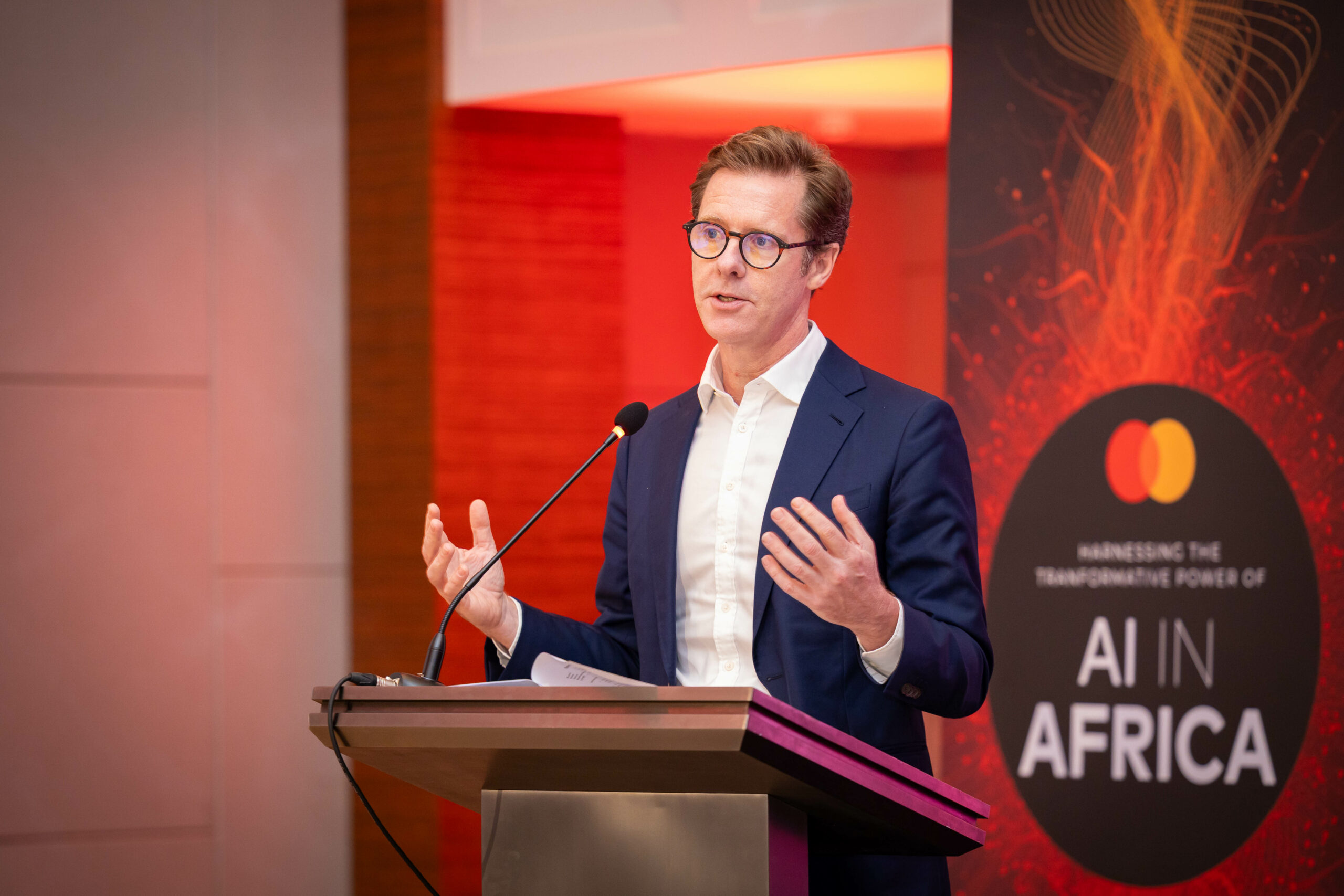
Barriers to Break
Despite the progress, Mastercard’s whitepaper does not shy away from addressing the challenges. Africa’s AI revolution is still fragile. Several hurdles must be overcome for the momentum to be sustained.
The most significant thing is the data. AI systems depend on data to learn and improve, yet African datasets are often incomplete, inconsistent, or underrepresented. Most AI models today are trained on data from high-income countries, which may not accurately reflect the African context, the whitepaper warns. This creates biases that can affect everything from hiring algorithms to credit risk assessments.
Infrastructure is another constraint. AI requires high computing power and reliable connectivity, both of which are limited in many parts of Africa. Even cloud infrastructure can be expensive and inaccessible. The report suggests a shift towards decentralized, low-compute AI models and investment in local data centers as practical ways forward.
There’s also the issue of regulation – or the lack thereof. Many African countries do not yet have AI-specific legal frameworks. This regulatory vacuum could lead to misuse or exploitation. Mastercard calls for proactive governance. That includes privacy protections, algorithmic transparency, and community engagement.
Responsible AI: A Core Principle
At the heart of the report lies a call for responsible AI. Mastercard outlines seven principles that should guide AI development across the continent: transparency, fairness, privacy, human oversight, accountability, inclusivity, and safety. These are not just theoretical ideals. They are embedded into Mastercard’s own AI systems and partnerships.
For instance, the company’s fraud detection tools use explainable AI models that allow customers to understand why transactions are flagged. In digital identity initiatives, Mastercard emphasizes user control and consent. And through its partnerships with local fintechs and startups, it ensures that technology is tailored to the unique social and cultural contexts of each country.
Importantly, the report stresses that responsible AI is not a hurdle to innovation, it is a pathway to sustainability. Trust is currency in digital systems, and Africa’s AI future will depend on how that trust is earned and protected.
A Collective Effort
The report’s concluding chapters are a blueprint. Mastercard doesn’t see itself as the sole driver of AI transformation in Africa, it sees itself as a partner. It urges for a collective approach, where governments, private sector actors, civil society, and academia work together to define the continent’s AI journey.
Governments are encouraged to create enabling environments through policy, regulation, and investment in digital infrastructure. Businesses are called to build AI ethically and inclusively. Development partners are asked to fund localized research, support capacity building, and invest in digital public infrastructure.
Above all, Africans must lead this charge. AI must be developed in Africa, for Africa, and by Africans. This is not just about representation. It is about relevance. Only local voices can ensure that AI addresses the continent’s real needs.
A Future Within Reach
Africa’s AI moment is not a distant dream. It is already underway. What happens next will depend on how stakeholders respond to the insights and imperatives laid out in this report.
Mastercard’s whitepaper is a timely reminder that Africa’s digital future must be inclusive, responsible, and grounded in the realities of its people. It challenges the idea that innovation can only flow from the top down. Instead, it shows how real change often begins at the margins; with a farmer, a nurse, or a coder solving a problem that affects their own community.
In a world where AI is often discussed in abstract terms, this report brings the conversation back to where it matters most: people.
Africa has the talent, the demand, and now the momentum. With the right support, the continent could become not just a consumer of AI, but a creator of it – on its own terms, in its own voice, and for its own future.

